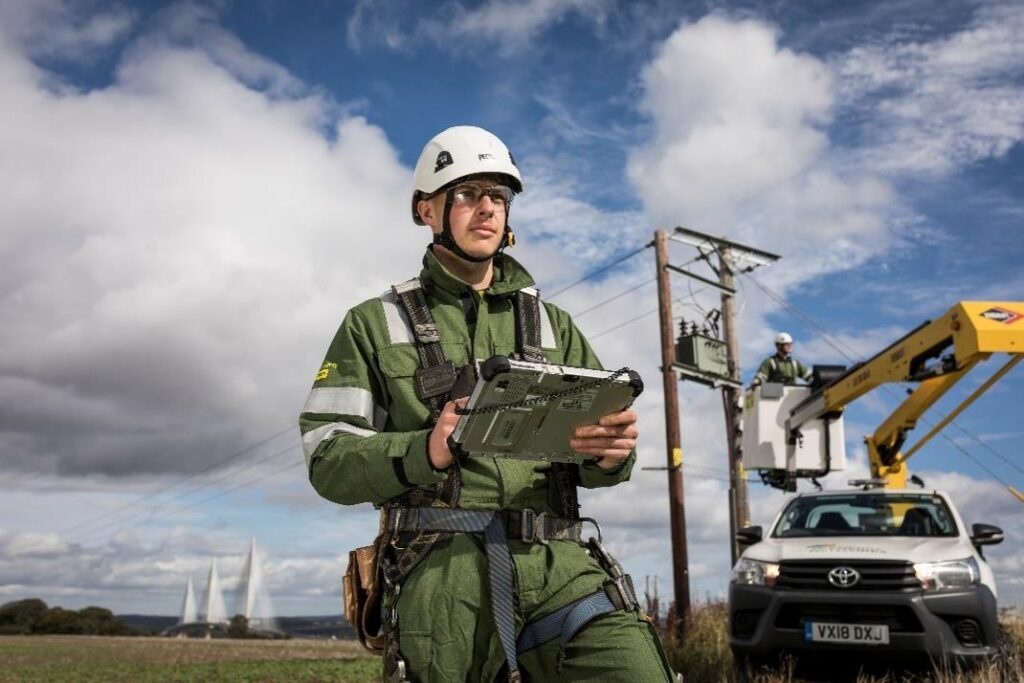The Energy Networks Association, Ofgem and distribution network operators (DNOs) have joined forces to unlock up to £300 million for network upgrades that facilitate green technology.
This funding has been partly sourced through DNOs existing allowances as part of the RIIO-ED1 price control and partly through newly-raised funds.
There is a particular interest in locations where network investment can be made quickly to support shovel-ready developments that underpin the net zero transition, the ENA said, with the investment to be directed to the most efficient projects, for example flexibility, whole-systems solutions and least-regrets expenditure.
To determine where it is best placed to go, a six week call for local authorities, developers and other parties to offer evidence on why extra capacity in their locality should be selected is being launched.
The core criteria of the funding includes utilisation – so how much of the capacity might be used in the near term – as well as deliverability – how quickly infrastructure and solutions could be completed – and value for money.
Jonathan Brearley, chief executive of Ofgem, said the regulator is urging electricity network companies to “come forward with fresh new sites for green investment”, adding that “we cannot afford a delay in building a clean energy infrastructure that will help power our transport and heat our homes emissions-free”.
Many DNOs have outlined potential projects already, with Northern Powergrid (NPg) identifying a list of 38 potential sites, while SP Energy Networks (SPEN) is looking for shovel-ready projects such as solar, heat pumps and electric vehicle (EV) charging technology.
Meanwhile, Electricity North West (ENW) has identified 11 projects, with the DNO now inviting feedback from the public on which of these should be progressed first. Projects proposed include enablement works to support electric heating in Greater Manchester, network reinforcements for EV charging hubs and on-street parking across the north west and monitoring of high density low-carbon technologies in the Godley Green Garden Village area in Greater Manchester.
Depending on the public feedback, it will bring forward around £15 million in investment to fast-track the projects identified as providing the most immediate economic benefit and support to the transition to a net zero carbon economy.
Any areas without shovel-ready network locations for capacity increases over the next two years will not necessarily miss out, however, with the opportunity to submit their evidence to DNOs for inclusion in the RIIO-ED2 business plans.
David Smith, chief executive at Energy Networks Association, pointed to “very clear direction” from the Prime Minister that the recovery from COVID-19 should be a green one, with the ENA “incredibly proud to be making that a reality”.
“With this backing from Ofgem and the government, we can ramp up the network investment to support not only renewables, but battery storage, electric vehicles, heat-pumps and all of the other technologies we will need to achieve our net zero future.”






